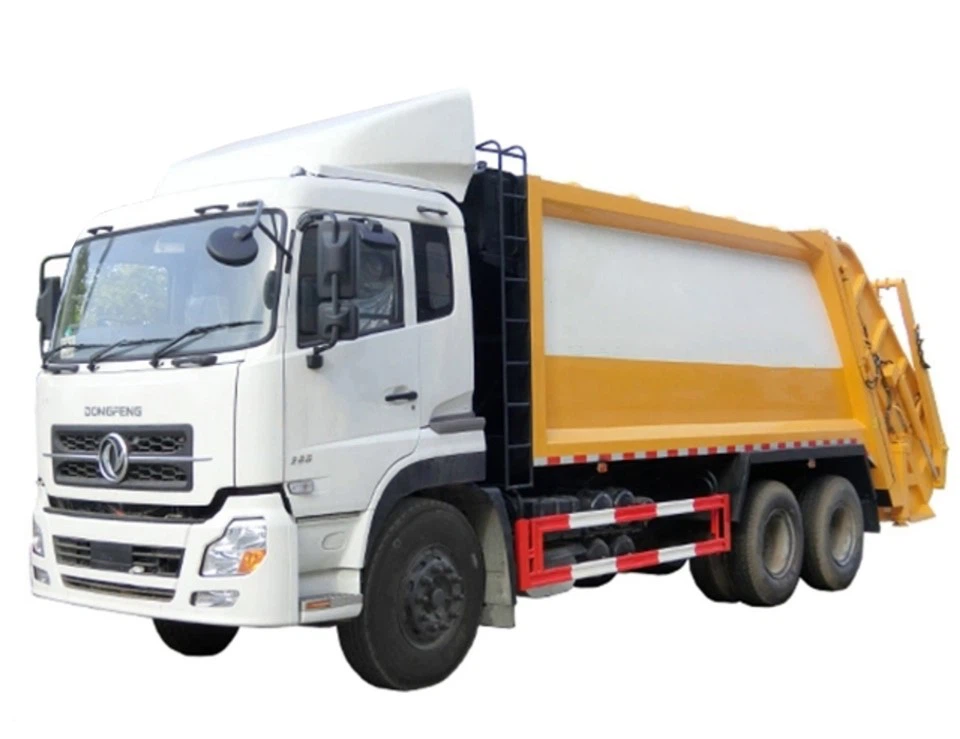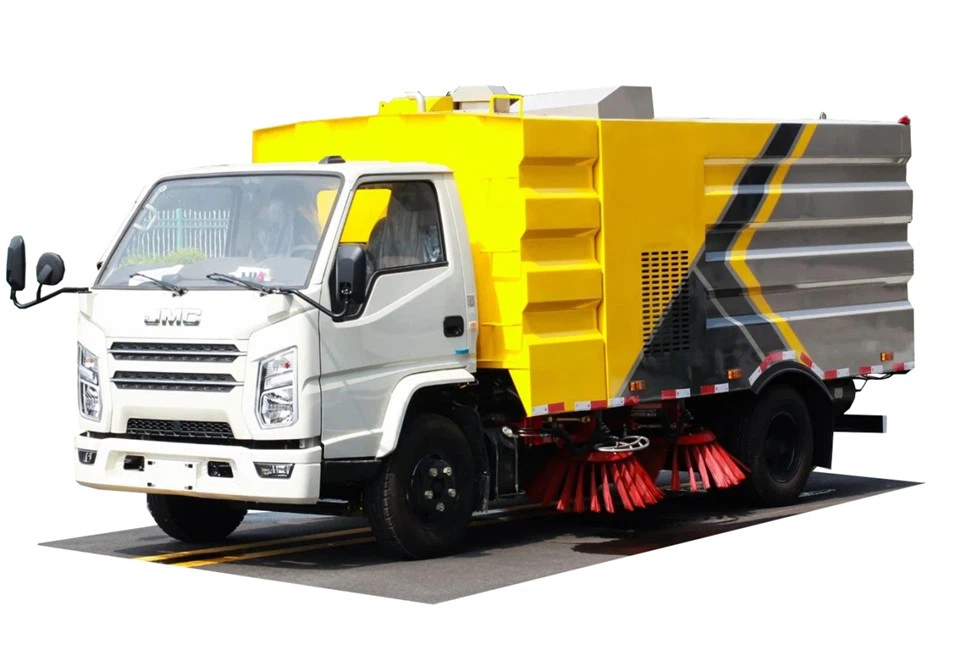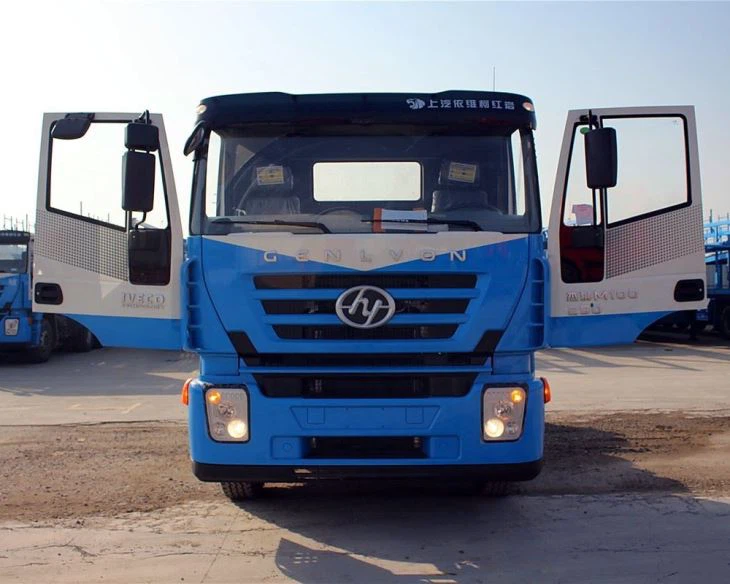Integrated Tow Trucks: Revolutionizing the Towing Industry

Introduction
Towing is an essential service that assists drivers in need, whether due to breakdowns, accidents, or other road emergencies. Integrated tow trucks have emerged as a vital technology within the towing industry, offering enhanced efficiency, safety, and versatility. This article will delve deep into the concept of integrated tow trucks, exploring their features, types, benefits, and their role in modern towing operations. By the end of this article, you’ll have a comprehensive understanding of integrated tow trucks and what they bring to the table.
The Evolution of Tow Trucks
History of Tow Trucks
The conception of tow trucks began in the early 20th century. The first known tow truck was built in 1916 by Ernest Holmes Sr. in Chattanooga, Tennessee. His simple design, which involved a modified Model T, set the foundation for what would become a vital service industry. Over the decades, tow trucks have evolved significantly, with advancements in engineering and technology leading to the creation of integrated tow trucks.
What Are Integrated Tow Trucks?
Integrated tow trucks, also known as combination or multi-functional tow trucks, are designed to combine the features of a flatbed truck with a traditional tow truck. This integration allows them to handle a wider variety of towing needs, including light, medium, and heavy-duty operations. Integrated tow trucks typically feature a built-in recovery system that allows them to tow vehicles without requiring additional equipment, enhancing their overall functionality.
Types of Integrated Tow Trucks
Light-Duty Integrated Tow Trucks
Light-duty integrated tow trucks are designed for everyday towing tasks, making them ideal for use in urban environments. They are often used to tow vehicles such as compact cars and motorcycles.
Examples of Light-Duty Integrated Tow Trucks

- Ford F-350 Integrated Tow Truck
- Chevrolet Silverado 3500 HD Integrated Tow Truck
Medium-Duty Integrated Tow Trucks
Medium-duty integrated tow trucks are suited for larger vehicles such as vans and SUVs. They offer more towing capacity and are often utilized by businesses for service and recovery operations.
Examples of Medium-Duty Integrated Tow Trucks
- International MV607 Integrated Tow Truck
- Freightliner M2 Integrated Tow Truck
Heavy-Duty Integrated Tow Trucks
Heavy-duty integrated tow trucks are built to handle the toughest towing jobs, including commercial vehicles like buses and trucks. These trucks come equipped with advanced features that allow them to safely recover heavy loads.
Examples of Heavy-Duty Integrated Tow Trucks
- Peterbilt 389 Integrated Tow Truck
- Kenworth T880 Integrated Tow Truck
Advantages of Integrated Tow Trucks
Efficiency and Versatility
One of the primary advantages of integrated tow trucks is their efficiency. These trucks can switch between different towing functions without the need for additional equipment, making them ideal for a variety of towing scenarios.
Improved Safety Features
Integrated tow trucks often come with enhanced safety features, including advanced braking systems, stability control, and built-in lighting for low visibility conditions. These features help reduce the risk of accidents during towing operations.
Cost-Effectiveness
Investing in integrated tow trucks can be cost-effective for towing businesses. By combining multiple functions in one vehicle, businesses can reduce the need for a larger fleet, maintenance costs, and insurance premiums.
Enhanced Workload Capacity
These trucks have a higher weight capacity, allowing them to tow larger vehicles without risk. This capacity is beneficial in heavy-duty operations where larger vehicles are frequently encountered.
Choosing the Right Integrated Tow Truck
Consider Towing Needs
When selecting an appropriate integrated tow truck, it’s essential to consider your towing needs—light, medium, or heavy-duty. This decision will guide you in choosing the right model for your operations.
Evaluate Engine Power and Specifications
Analyze the engine specifications, including horsepower and torque, to ensure that the truck can handle the required towing capacities effectively. High-performing engines contribute significantly to overall operational efficiency.
Assessing Budget and Financing Options
Budget considerations are crucial for any business investment. Assess financing options available for integrated tow trucks, and ensure to factor in long-term operational costs.
Care and Maintenance of Integrated Tow Trucks
Regular Inspections
Regular inspections of integrated tow trucks are vital for ensuring safety and optimal performance. Check the brakes, tires, hydraulic systems, and integrated towing equipment.

Scheduled Maintenance
Establish a maintenance schedule that adheres to the manufacturer’s recommendations. Regular oil changes, fluid replacements, and part replacements are critical to keeping the tow truck running smoothly.
Documentation and Repair Records
Keep thorough documentation of all repairs, inspections, and maintenance performed on the truck. This record-keeping is essential for legal and warranty purposes.
Innovative Technology in Integrated Tow Trucks
GPS and Fleet Tracking
Modern integrated tow trucks often come equipped with GPS and fleet tracking technology. This advanced feature allows towing companies to manage their fleet more effectively, optimizing routing and response times.
Remote Control Features
Some integrated tow trucks are now designed with remote control features that allow operators to control the towing mechanism from a safe distance, enhancing operator safety.
Telematics for Performance Monitoring
Telematics systems transmit real-time data regarding truck performance, fuel efficiency, and maintenance needs, enabling proactive management of towing operations.

Case Studies: Success Stories with Integrated Tow Trucks
Case Study 1: City Towing Services
City Towing Services upgraded their fleet to include integrated tow trucks, which significantly reduced response times and improved customer service ratings. Their operations became more efficient, leading to increased profitability.
Case Study 2: Nationwide Recovery Inc.
Nationwide Recovery Inc. adopted integrated tow trucks and reported a 30% increase in the capacity to handle heavy-duty tows. Their investment in advanced technology streamlined their processes and significantly reduced operational downtimes.
Frequently Asked Questions (FAQ)
1. What is an integrated tow truck?
An integrated tow truck is a combination of a flatbed truck and a traditional tow truck. It offers enhanced capabilities for towing various vehicle types without the need for additional equipment.
2. How do I choose the right integrated tow truck?
Consider your specific towing needs, evaluate the truck’s engine power, specifications, and assess your budget and financing options when choosing an integrated tow truck.
3. What maintenance do integrated tow trucks require?
Integrated tow trucks require regular inspections, scheduled maintenance, and proper documentation of repairs to ensure optimal performance and safety.
4. Are integrated tow trucks cost-effective?
Integrated tow trucks can be cost-effective as they reduce the need for a larger fleet, decrease maintenance costs, and save on insurance premiums.
5. What technologies are included in modern integrated tow trucks?
Modern integrated tow trucks may be equipped with GPS and fleet tracking, remote control features, and telematics for performance monitoring.
6. Can integrated tow trucks handle heavy-duty operations?
Yes, integrated tow trucks are designed to manage heavy-duty operations, making them suitable for towing larger vehicles such as buses and commercial trucks.
